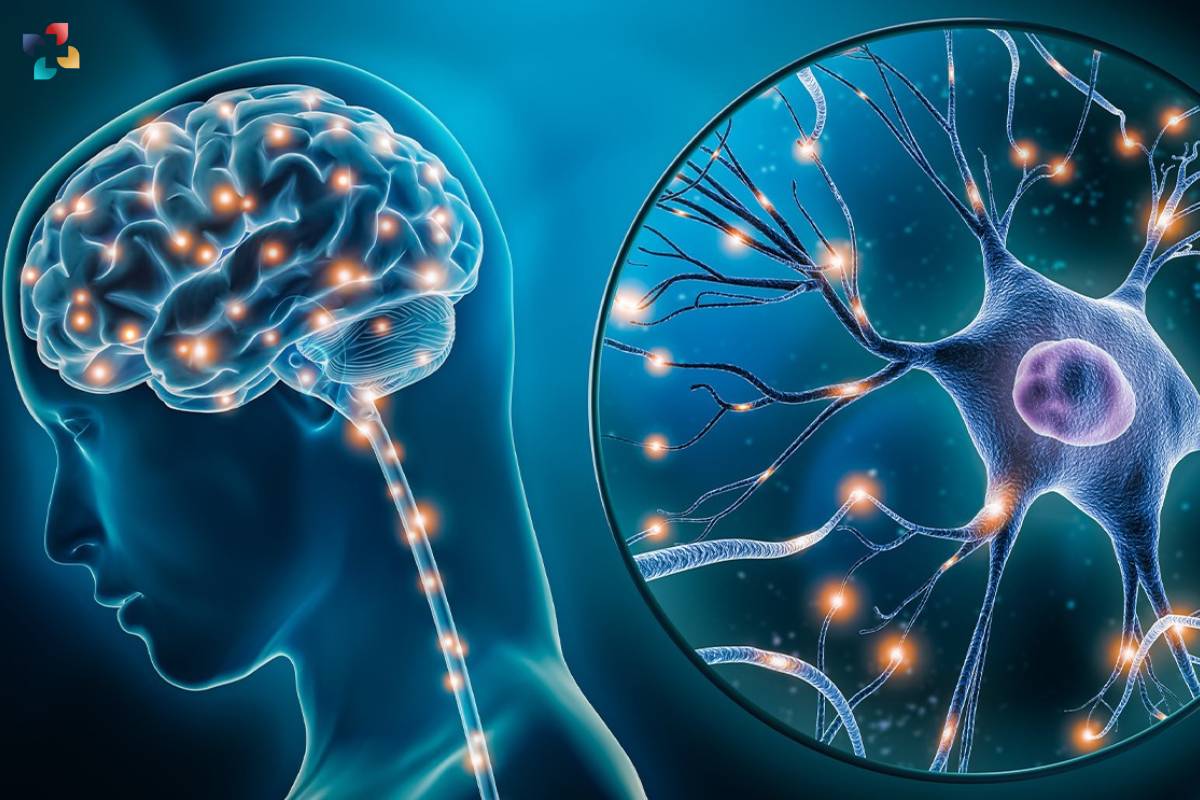Source – Facts.net
Introduction:
Neurodegenerative conditions encompass a group of disorders characterized by the progressive degeneration of nerve cells in the brain and spinal cord. These conditions have a profound impact on an individual’s cognitive and motor functions, often leading to significant disability and impairment in daily life. In this comprehensive guide, we delve into the various aspects of neurodegenerative conditions, exploring their causes, symptoms, diagnosis, and treatment options.
Understanding Neurodegenerative Conditions:
Neurodegenerative conditions, also referred to as neurodegenerative diseases, are characterized by the gradual and irreversible loss of neurons, the cells responsible for transmitting information throughout the nervous system. This process results in the deterioration of cognitive function, movement, and other neurological functions. Common neurodegenerative conditions include Alzheimer’s disease, Parkinson’s disease, Huntington’s disease, and amyotrophic lateral sclerosis (ALS), among others.
Causes of Neurodegenerative Conditions:
The exact causes of neurodegenerative conditions are not fully understood, but they are believed to result from a combination of genetic, environmental, and lifestyle factors. Genetic mutations, abnormal protein aggregation, oxidative stress, inflammation, and mitochondrial dysfunction are among the factors implicated in the development and progression of these diseases. Age is also a significant risk factor, with many neurodegenerative conditions becoming more prevalent with advancing age.
Furthermore, emerging research suggests that certain environmental factors, such as exposure to toxins, pollutants, or infectious agents, may contribute to the development of neurodegenerative conditions. Lifestyle factors, including diet, exercise, sleep patterns, and social engagement, also play a role in influencing disease risk and progression.
Additionally, genetic predisposition can increase an individual’s susceptibility to neurodegenerative conditions. While some forms of these diseases are inherited in a Mendelian pattern, others may result from the interplay of multiple genetic and environmental factors. Genetic studies have identified specific gene variants associated with an increased risk of developing neurodegenerative conditions, providing valuable insights into the underlying biological mechanisms involved in disease pathogenesis.
Overall, neurodegenerative conditions are complex disorders with multifactorial etiologies, making them challenging to fully comprehend and treat. Continued research efforts aimed at elucidating the underlying causes and mechanisms of these diseases are essential for developing effective prevention strategies and therapeutic interventions.
Symptoms of Neurodegenerative Conditions:
The symptoms of neurodegenerative conditions vary depending on the specific disorder and the areas of the brain affected. However, common symptoms include memory loss, cognitive decline, difficulty with movement and coordination, muscle weakness, tremors, stiffness, slurred speech, and changes in mood and behavior. As these conditions progress, symptoms often worsen, leading to significant disability and impairment in daily functioning.

Additionally, individuals with neurodegenerative conditions may experience challenges in performing activities of daily living, such as dressing, bathing, and eating. As the diseases advance, these difficulties may become more pronounced, requiring assistance from caregivers or specialized support services.
Moreover, neurodegenerative conditions can impact not only the affected individuals but also their families and caregivers. The emotional and financial burden of caring for someone with these conditions can be substantial, leading to increased stress, anxiety, and depression among caregivers.
It’s essential for individuals experiencing symptoms of neurodegenerative conditions to seek timely medical evaluation and diagnosis. Early detection can facilitate the initiation of appropriate treatment and interventions aimed at managing symptoms, slowing disease progression, and improving overall quality of life. Additionally, accessing support groups and resources tailored to individuals with neurodegenerative conditions and their caregivers can provide valuable assistance and guidance throughout the disease journey.
Diagnosis of Neurodegenerative Conditions:
Diagnosing neurodegenerative conditions can be challenging, as many of these diseases share similar symptoms and progression patterns. Diagnosis typically involves a comprehensive medical history, physical examination, neurological assessment, and various diagnostic tests. These may include imaging studies such as MRI and CT scans, blood tests, cerebrospinal fluid analysis, and genetic testing. A definitive diagnosis often requires the expertise of a neurologist or other specialist trained in the diagnosis and management of these conditions.
Treatment Options for Neurodegenerative Conditions:

While there is currently no cure for most neurodegenerative conditions, treatment aims to manage symptoms, slow disease progression, and improve quality of life. Treatment approaches may include medications to alleviate symptoms such as cognitive impairment, movement disorders, and mood disturbances. Physical therapy, occupational therapy, speech therapy, and other rehabilitative interventions can help individuals maintain function and mobility for as long as possible. Additionally, lifestyle modifications such as regular exercise, a balanced diet, and social engagement may also play a role in managing symptoms and optimizing overall health.
Conclusion:
Neurodegenerative conditions pose significant challenges for affected individuals, their families, and healthcare providers. While much progress has been made in understanding these disorders, there is still much to learn about their underlying mechanisms and effective treatment strategies. Through ongoing research, innovative therapies, and compassionate care, we can continue to support individuals living with neurodegenerative conditions and work towards improving their quality of life.

Neurological Diseases Explored: Insights into Management, Complexity, and Chronic Perspectives
We dig into the world of neurological diseases in this thorough investigation, explaining their significance, frequency, available treatments, and difficulties associated with long-term conditions.
FAQs
1. What are the most common neurodegenerative conditions?
The most common neurodegenerative conditions include Alzheimer’s disease, Parkinson’s disease, Huntington’s disease, and amyotrophic lateral sclerosis (ALS).
2. Is there a cure for neurodegenerative conditions?
Currently, there is no cure for most neurodegenerative conditions. Treatment focuses on managing symptoms, slowing disease progression, and improving quality of life through medication, therapy, and lifestyle modifications.
3. Can neurodegenerative conditions be prevented?
While the exact causes of neurodegenerative conditions are not fully understood, certain lifestyle factors such as regular exercise, a healthy diet, cognitive stimulation, and social engagement may help reduce the risk of developing these conditions.

4. How do neurodegenerative conditions affect daily life?
Neurodegenerative conditions can significantly impact daily life, causing difficulties with movement, cognition, communication, and emotional well-being. As the diseases progress, individuals may require assistance with daily activities and experience a decline in overall functioning.
5. What is the prognosis for neurodegenerative conditions?
The prognosis for neurodegenerative conditions varies depending on the specific disorder, its stage at diagnosis, and individual factors. While some individuals may experience slow disease progression and maintain a relatively good quality of life for many years, others may face rapid deterioration and significant disability. Early diagnosis and comprehensive management can help optimize outcomes and improve the quality of life for individuals with neurodegenerative conditions.







